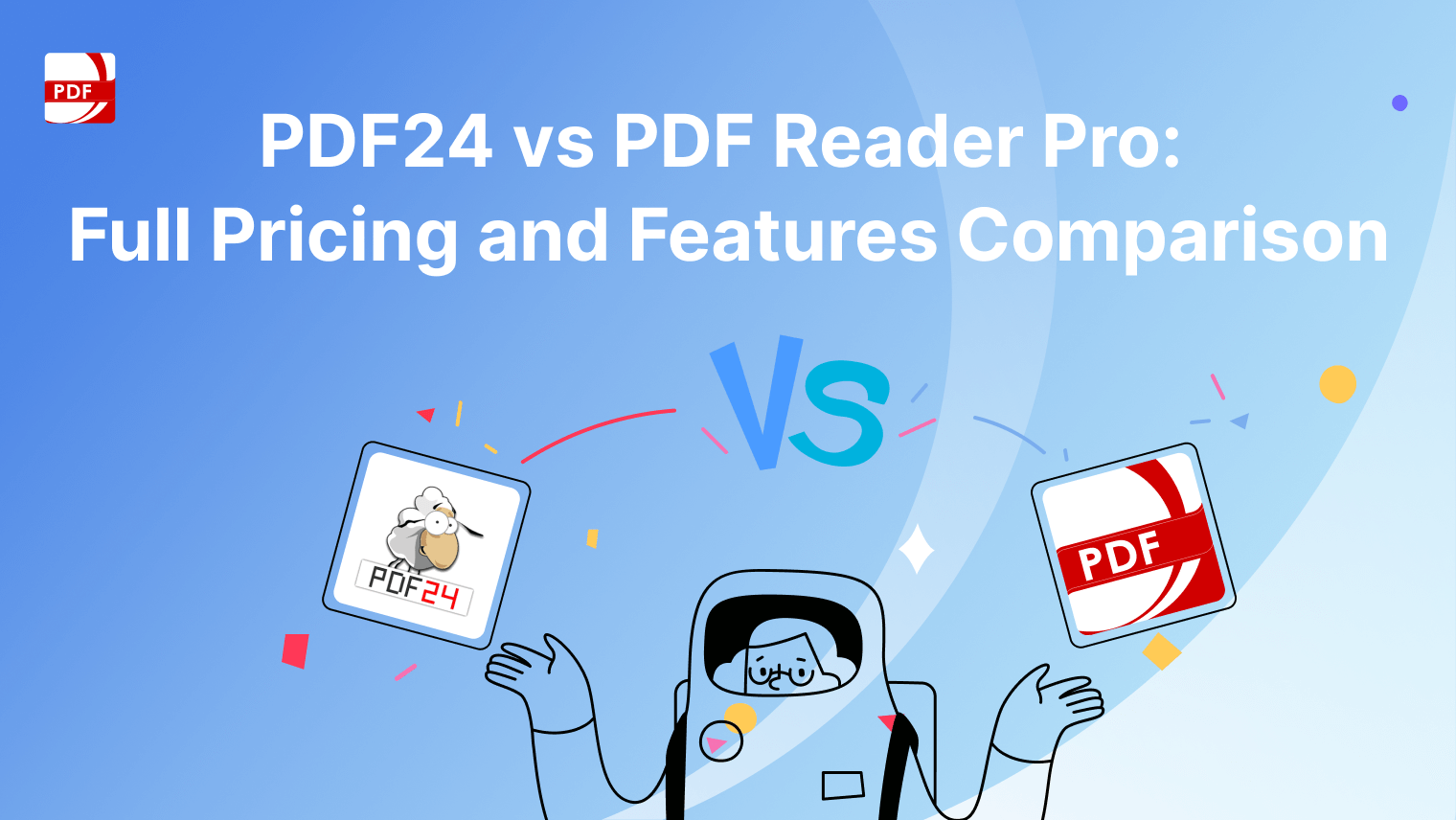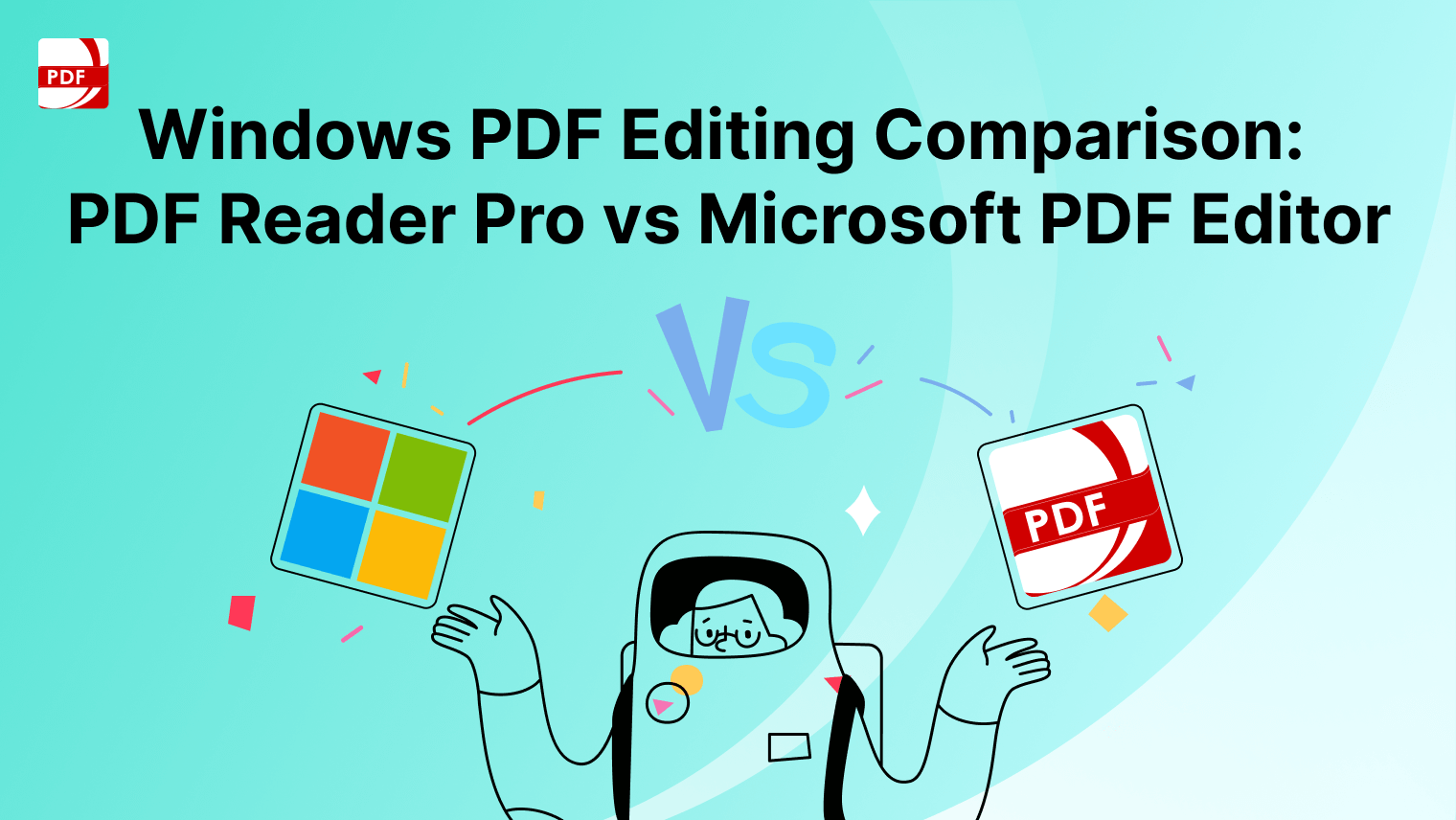The 1982 film Blade Runner, directed by Ridley Scott, is hailed as one of the most influential science fiction movies of all time. Its rich, dystopian visuals and thought-provoking themes have captivated audiences for decades.
Many fans may not realize that Blade Runner is based on Philip K. Dick's novel Do Androids Dream of Electric Sheep? Published in 1968, this seminal work provided the foundation for the movie’s exploration of what it means to be human in a world where artificial life is indistinguishable from reality
However, while the movie draws inspiration from Dick’s novel, it also takes significant creative liberties, resulting in a work that stands apart from its source material in several key ways.
Differences and Similarities Between Do Androids Dream of Electric Sheep? and Blade Runner
Philip K. Dick’s Do Androids Dream of Electric Sheep? served as the inspiration for Ridley Scott’s Blade Runner. Both works tackle the intricate themes of artificial intelligence and human identity, but they present these ideas in distinct ways. Here’s a closer look at their similarities and differences.
Similarities:
-
Themes of Humanity and Artificial Life: Both the novel and the movie explore the nature of humanity, the moral implications of creating artificial life, and the ethical dilemmas associated with 'retiring' or killing androids (called 'replicants' in the movie).
-
Setting: The story is set in a dystopian future, where Earth has been ravaged by nuclear war, leading to mass emigration to off-world colonies. The Earth is depicted as dark, polluted, and largely abandoned.
-
Main Character: The protagonist, Rick Deckard, is a bounty hunter tasked with "retiring" rogue androids/replicants. Both versions of the story follow his journey as he confronts the moral complexities of his work.
Differences:
-
Plot and Focus: Do Androids Dream of Electric Sheep? delves deeply into Deckard's internal struggles and the decaying society around him, emphasizing the significance of owning real animals as a status symbol in a world where most species are extinct. The movie, on the other hand, focuses more on action and visual storytelling, with a more streamlined plot and less emphasis on the novel's environmental and philosophical themes.
-
Character Development: In the novel, characters like Rachael Rosen and Pris Stratton have more intricate backstories and development, highlighting the ambiguity of their emotions and motivations. The film simplifies these characters, making them more straightforward in their roles.
-
Tone and Atmosphere: The novel carries a more somber, reflective tone, exploring existential questions and the decay of humanity. The movie, while maintaining some of these themes, adds a layer of neo-noir aesthetics and a more dramatic, suspenseful atmosphere.
-
Ending: The endings of the book and the film diverge significantly. Do Androids Dream of Electric Sheep? concludes with a more ambiguous and introspective resolution, while Blade Runner has multiple endings depending on the version, ranging from optimistic to ambiguous.
While Blade Runner and Do Androids Dream of Electric Sheep? share core themes and a similar setting, they differ markedly in their narrative focus and character portrayal. The novel provides a deep exploration of existential and environmental issues, while the film emphasizes visual storytelling and action.
The contrast in tone, character complexity, and ending highlights how each medium uniquely interprets the original themes, offering distinct yet complementary perspectives on the nature of humanity and artificial life.
Download the PDF of Do Androids Dream of Electric Sheep?
Image source: Wikipedia
- Book Title: Do Androids Dream of Electric Sheep?
- Author: Philip K. Dick
- Year Published: January 1, 1968
- Goodreads Rating: 4.09/5
- Availability: Buy the PDF from Google Play Books.
After you have purchased Do Androids Dream of Electric Sheep?, follow these instructions to download it from Google Play Books in PDF format:
- Click on the "Books" tab at the top of your screen.
- Click on the "Your Library" link beneath that.
- Find your book and click the icon with three dots beneath the cover image.
- Select "Export" and then "Export as PDF".
Our Review of Do Androids Dream of Electric Sheep?
Philip K. Dick’s Do Androids Dream of Electric Sheep? captivated us with its unique blend of speculative fiction and philosophical depth. Set in a post-apocalyptic San Francisco, the novel follows Rick Deckard, a bounty hunter who must "retire" advanced androids that have illegally left Mars.
We’re introduced to intriguing concepts like the Voigt-Kampff Empathy Test, which assesses human-like emotions in androids, and the Mood Organ, a device that adjusts one’s feelings. Characters such as John Isidore and Rachael Rosen enrich the story, prompting us to question the nature of humanity and artificial life. The novel’s exploration of empathy, societal decay, and reality keeps us engaged and provokes deep thought.
How to Read Do Androids Dream of Electric Sheep? PDF
If you're looking to explore Philip K. Dick's thought-provoking world in Do Androids Dream of Electric Sheep?, you'll need a reliable tool for your reading journey. PDF Reader Pro offers an intuitive and adaptable way to handle your PDFs.
With features for annotating, editing, and sharing, it provides the flexibility and control you need for an immersive reading experience.


